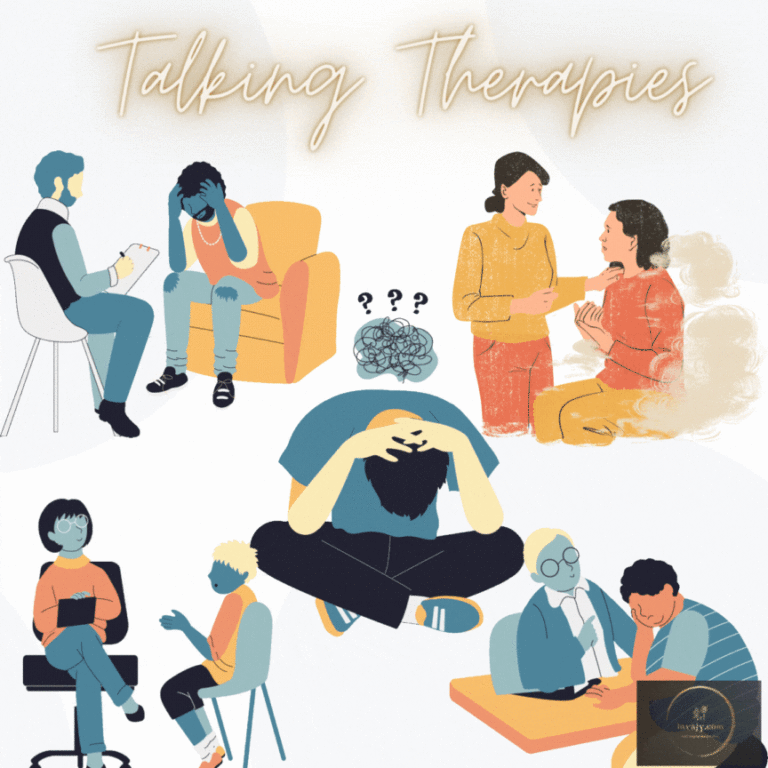10 Tips and Strategies on How to Get a Good Sleep at Night
Achieve restful sleep with tips for creating a calming bedtime routine, maintaining a consistent schedule, and optimizing your sleep environment. Embrace these strategies for rejuvenating nights and vibrant days.

A good night’s sleep is of utmost importance….. Everyday you spend almost one-third of your time doing it. A sound sleep is as important as regular exercise and a healthy diet. Everyone needs sleep, getting quality sleep and having enough of it at the right times; plays a critical role in your well being.
Sleeping habits affects almost every type of tissue and system in the body – from the brain, heart, and lungs to immune system, hormones, metabolism, mood, and disease resistance. Sleep deprivation, or getting poor quality sleep, increases the risk of disorders including high blood pressure, cardiovascular disease, obesity, diabetes, and depression. Lack of sleep also affects your daytime energy, productivity, and emotional balance.
Over the last couple of decades, quality and quantity of sleep, both have declined significantly. According to the National Institutes of Health (NIH), about 1 in 3 American Adults do not get healthy amounts of sleep. Sleeping well directly affects your mental and physical health. Are you getting enough quality sleep at night? If not; here are the tips and strategies on how to get a good one.

Set healthy sleep schedule
Set a sleeping schedule and stick to it. Keep aside seven to eight hours for sleep everyday. Go to bed at the same time each night, and get up at the same time each morning, even on the weekends and holidays. Being consistent reinforces your biological clock and body’s sleep-wake cycle. Going early to bed and waking up early in the morning will also allow you to have good morning routine.
Eating habits
Your eating habits make a great impact on your sleeping quality. Pay attention to what you eat and drink. Don’t eat late in the evening. Eating late at night may negatively affect you sleep quality and duration. Ensure to finish your dinner at least 2-3 hour before bed.
Don’t go to bed hungry or overstuffed. In particular, avoid heavy or large meals within a couple of hours of bedtime. Consuming a large meal before bed can lead to poor sleeping and hormone disruption.
Avoid caffeine and nicotine late in the day and alcoholic drinks before bed. The stimulating effects of caffeine and nicotine take hours to wear off and can cause chaos on good night sleep. Though alcohol might make you feel sleepy, it can disrupt sleep later in the night.
Eating lots of sugar and refined carbs such as white bread, white rice, and pasta during the day can trigger wakefulness at night and pull you out of the deep, restorative stages of sleep.
Consuming liquids before bed
Don’t drink any liquids before you go to bed. Avoid any fluids 1–2 hours before going to bed. Drinking large amounts of liquids before bed can lead to excessive urination during the night. This affects the sleeping quality and daytime energy.
Turn off Screens
Turn off the TV, computer, laptop and other screens at least an hour before bedtime. It’s the bedtime routine for so many people to reach their smart phones. Evening screen exposure, an addictive relationship with smartphone can negatively impact sleep quality and long term mental health. The blue light emitted by your laptops and mobile phone screen restrains the production of melatonin, the hormone that controls your circadian rhythm. This makes it even more difficult to fall asleep and wake up the next day.
Further playing on gaming apps and browsing social media kills your sleeping time and disturbs your sleeping schedule causing sleep deprivation. If you are suffering from Internet or Smartphone Addiction, our article on Unplug : Ways to Reduce Internet or Smartphone Addiction will help you to overcome that problem.
Limit irregular or long daytime naps
Be smart about napping. Short power naps are beneficial, but long or irregular daytime napping can negatively affect your nighttime sleep. If you choose to nap, limit yourself to up to 30 minutes and avoid doing so late in the day. However, if you work during nights, you might need to nap late in the day before work to help make up your sleeping requirements.
Comfortable bedroom environment
Create a comfortable and relaxing bedroom environment that’s ideal for sleeping. Ensure that the bedroom is relaxing, dark, quiet, clean and not too warm or cold. Get a comfortable bed, mattress, and pillow. Good quality mattress and pillow reduces back pain, shoulder pain, neck pain and back stiffness and improves sleeping quality. Try to replace and buy high quality bedding, mattress and pillow every 4-6 years.
Exercise regularly
Include exercise and physical activity in your daily routine. Daily exercise is the key for a good quality night’s sleeping time. But ensure not to do within 2-3 hours of bedtime. Numerous studies have shown that exercise improves sleeping quality. Physical activity tires you and increases your sleep drive.
Relax before sleeping
Follow a night routine to help you relax and clear your mind. Reading books or listening to music can be a great relaxing exercise. Other relaxation techniques could be taking a hot bath, meditation, deep breathing, and gratitude or mindfulness practice. Try out different strategies and find what works best for you.
Quit Smoking
Need another reason to quit? Smokers commonly exhibit symptoms of insomnia — possibly because their bodies go into nicotine withdrawal during the night. Research shows people who smoke experience disrupted sleep. Smokers generally have shorter sleep period time and longer sleep latency.
Treat Sleeping disorders
Nearly everyone has an occasional sleepless night — but if you often have trouble sleeping, contact your doctor. There are many common health conditions or sleep disorders (Insomnia and sleep apnea) that can cause poor sleep. Identifying and treating any underlying causes can help you get the better sleep you deserve.
Thank you for reading this. Over to you now, please let us know your views and tips and strategies on good sleeping habits. Share them in the comment section, they are much appreciated.
If you have liked this article on how to get a good sleep at night, please share it with your friends and relatives at your favorite social networks.







Life’s a journey so enjoy the ride while u can